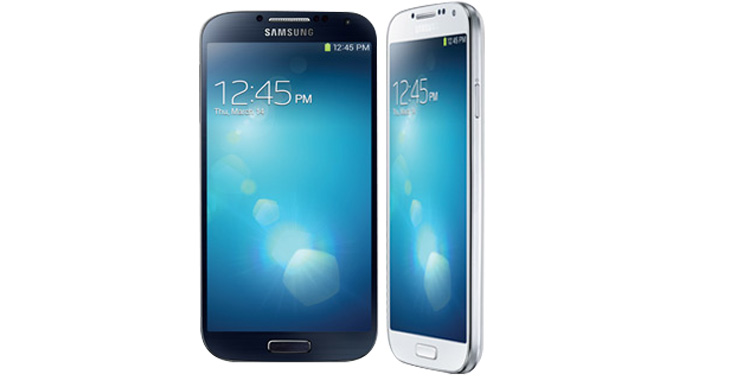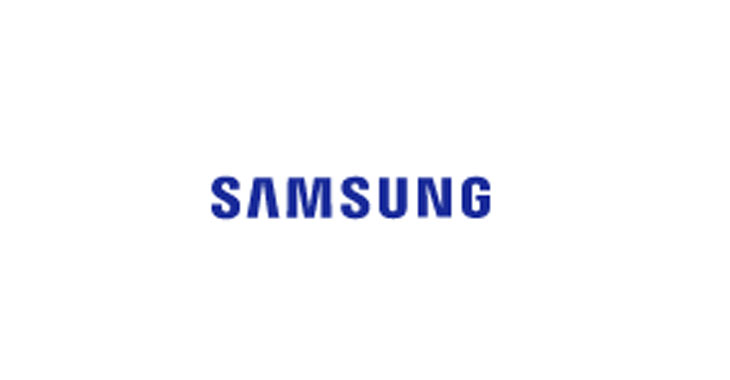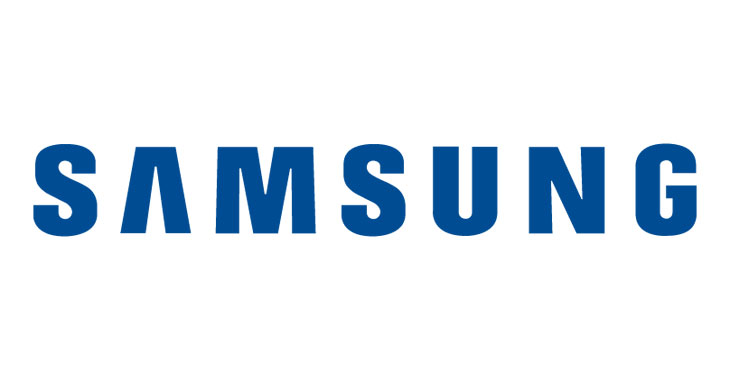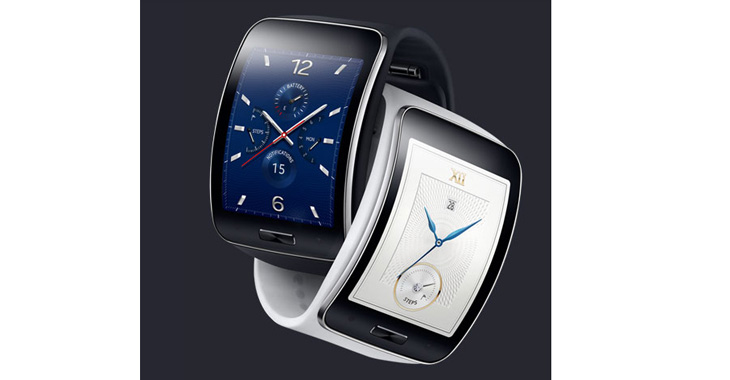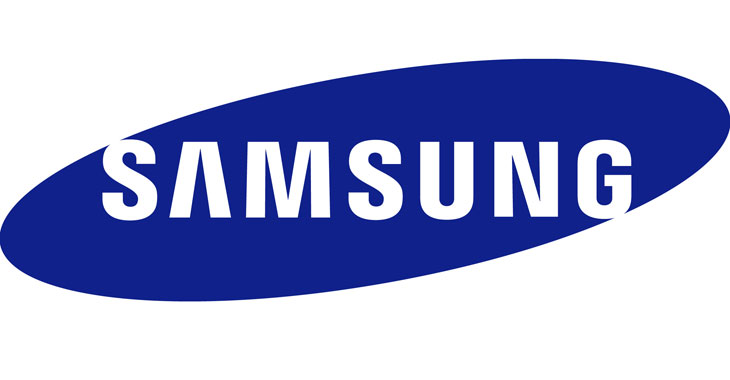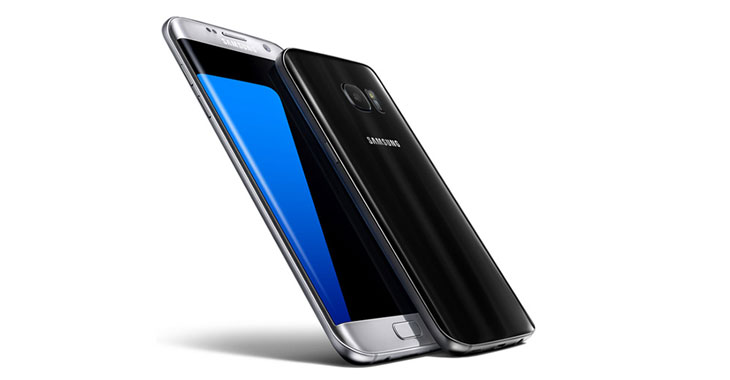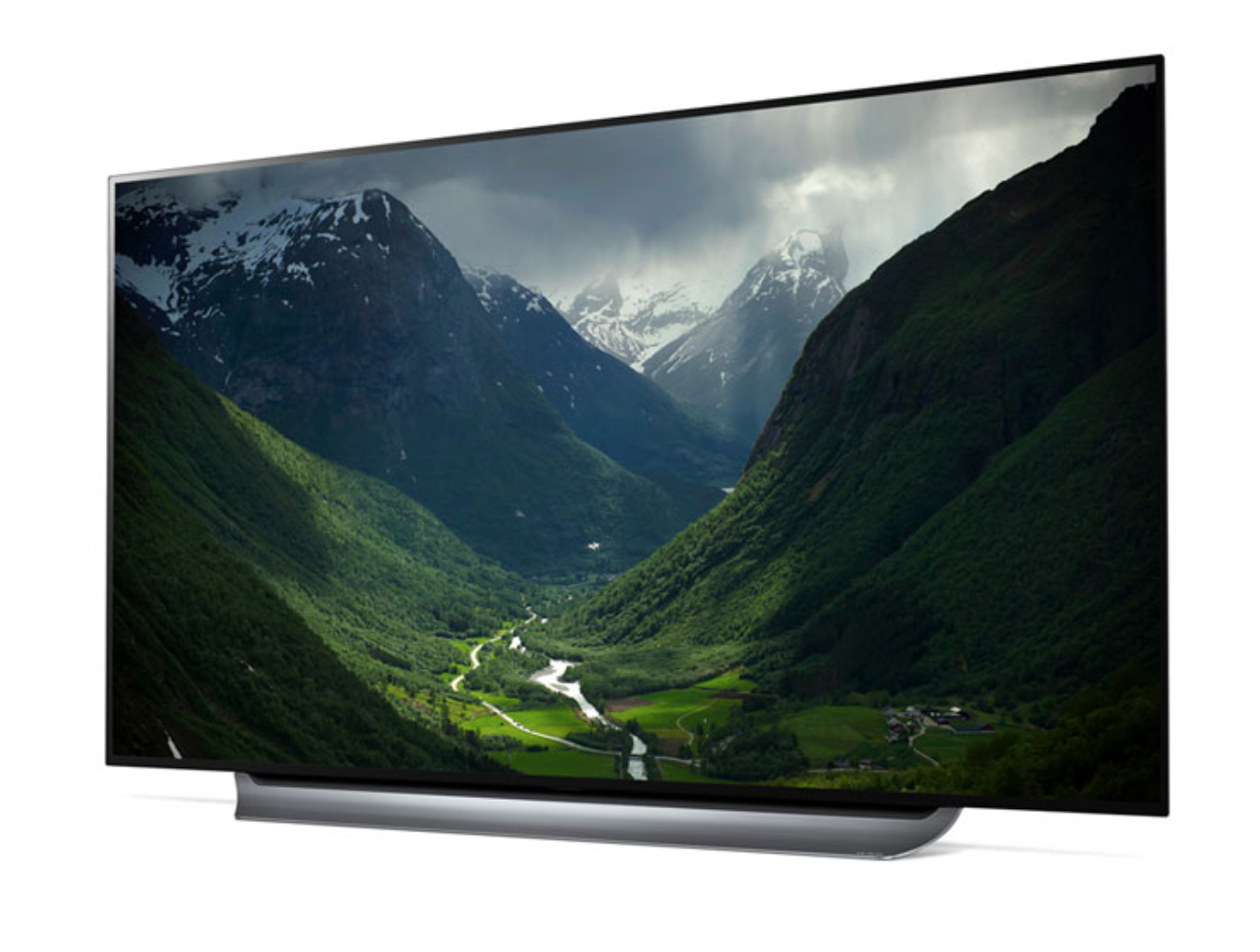
Samsung French Door Refrigerator
Allegations: Marketing products as reliable when their ice makers and dispensers become unusable due to a defect
September 2017: This action was voluntarily dismissed When a complaint is dismissed with prejudice, it cannot be refiled., the reasons for which have not been disclosed.
November 2016: A federal judge dismissed the claims for injunctive relief because the named plaintiff failed to establish standing. The claims were dismissed When a complaint is dismissed without prejudice, an amended version of the complaint can be refiled..
June 2014: Another class-action lawsuit was filed against Samsung alleging that, among other things, the company represents that the “Series 3” Chromebook laptop has a USB 3.0 “SuperSpeed” port when, according to plaintiffs, the Chromebook does not have a USB 3.0 “SuperSpeed” port. (Miller v. Samsung Electronics America, Inc., Case No. 14-cv-04076, D.N.J.).
For more information about other class action lawsuits filed against Samsung and TINA.org’s coverage of the company, click here.
Allegations: Marketing products as reliable when their ice makers and dispensers become unusable due to a defect
Allegations: Falsely advertising discounts off of artificially inflated regular prices and as available for a limited time
Allegations: Failing to disclose that oven knobs can be activated by accidental contact due to a defect
Allegations: Misrepresenting that the website does not collect data from visitors who disable tracking cookies or disclose their data to third parties
Allegations: Falsely marketing that televisions have features that they do not have
Allegations: Failing to disclose that appliances emit pollutants that are harmful to people
Allegations: Misleadingly marketing that smartphones of 128 GB of storage
Allegations: Misleadingly marketing the smartphone as durable
Allegations: Representing that it safeguards consumers’ personal data when such claims are not true
Allegations: Falsely marketing that the refresh rate (also known as the “Motion Rate”) of televisions is 120 Hz when the actual refresh rate is 60 Hz
Allegations: Misleading water-resistant claims
Allegations: Misleadingly marketing devices as having “supreme flexibility” when they don’t work as advertised
Allegations: Falsely marketing appliances as “fingerprint resistant” and failing to disclose that “black stainless steel” is actually regular stainless steel with a black coating that flakes and peels off
Allegations: Falsely representing the speed and storage capacity of Samsung Galaxy S4 smartphones
Allegations: Misleadingly advertising the black stainless steel finish on appliances as durable when the finish is a thin plastic coating that is prone to peel, chip and flake
See how you stack up.
Conditions about conditions.
Why the FTC should consider virtual influencers as it reviews its Endorsement Guides.
Big picture: Expert endorsements can be misleading.
These brand-relationship disclosures are far from world-class.
